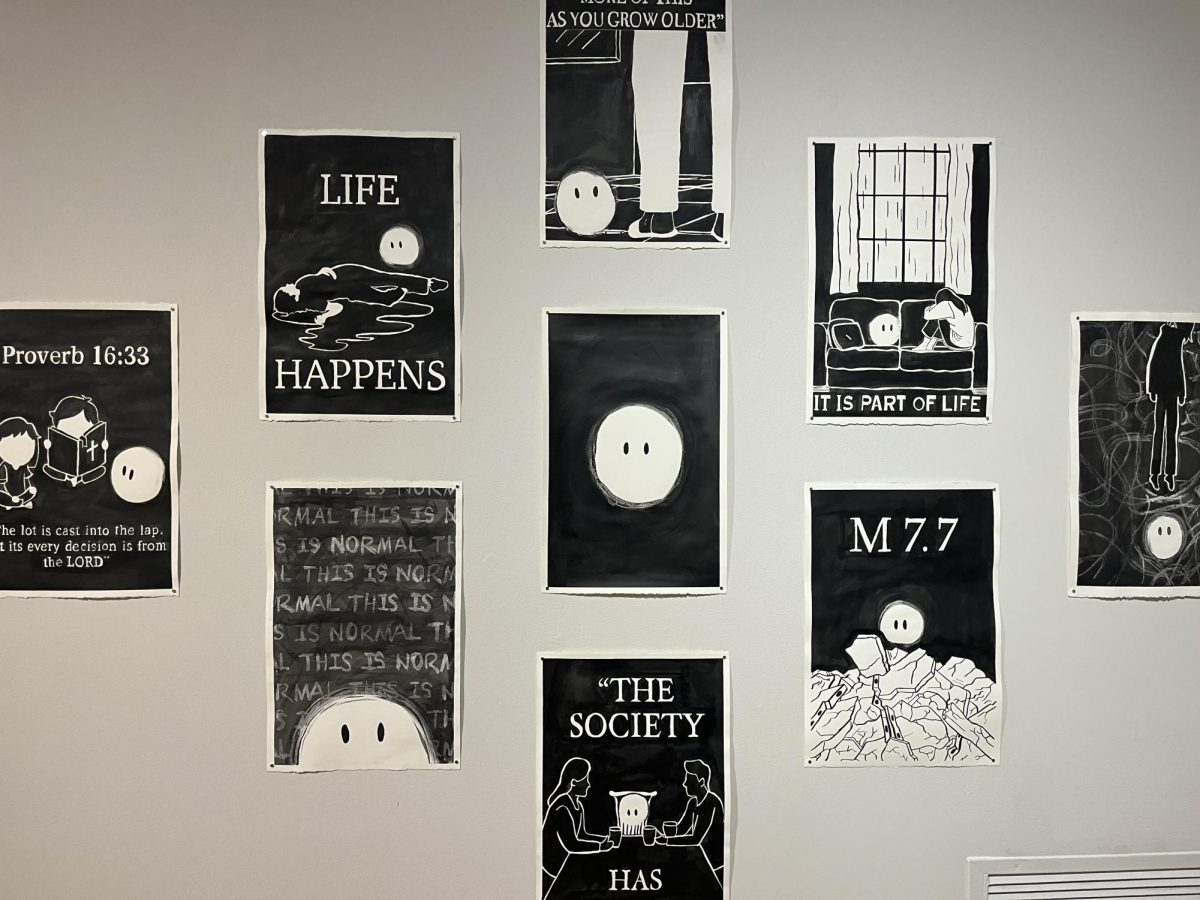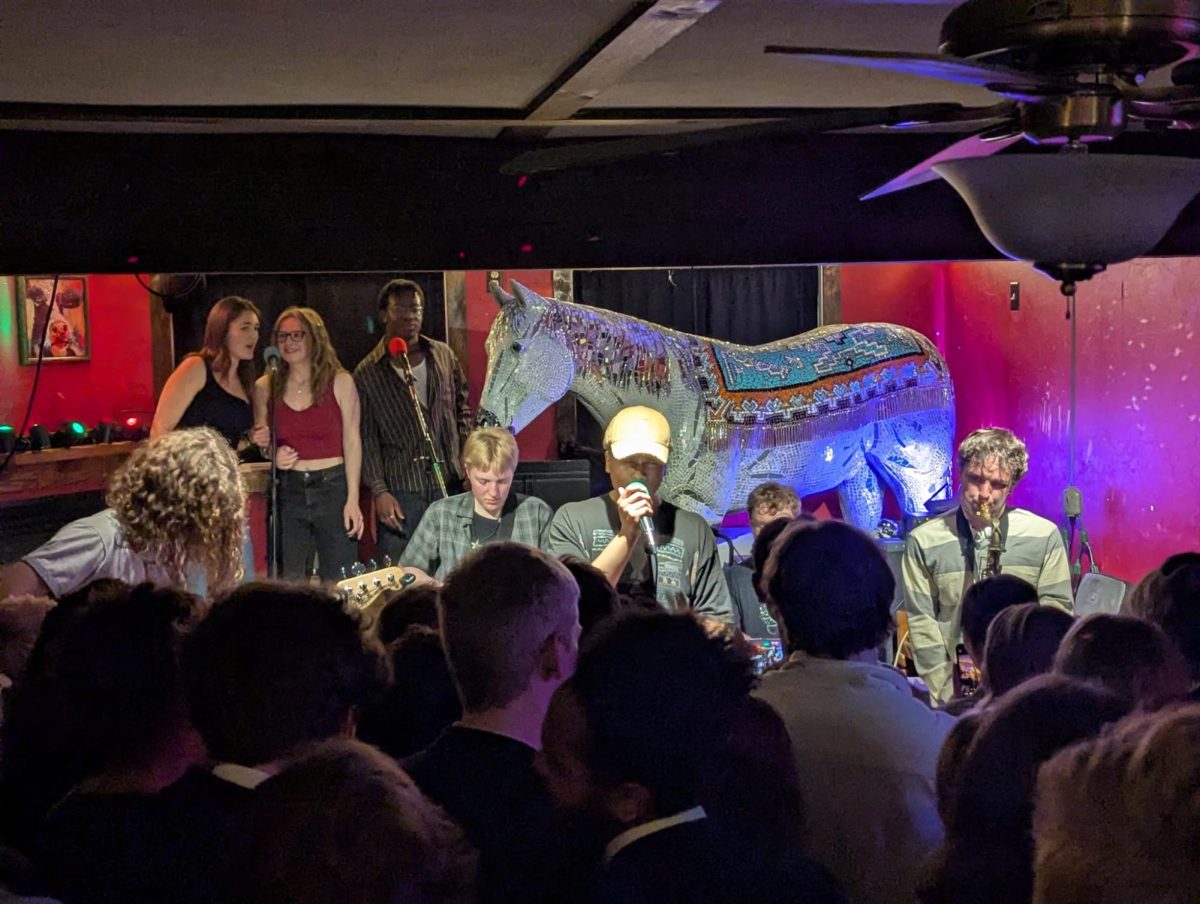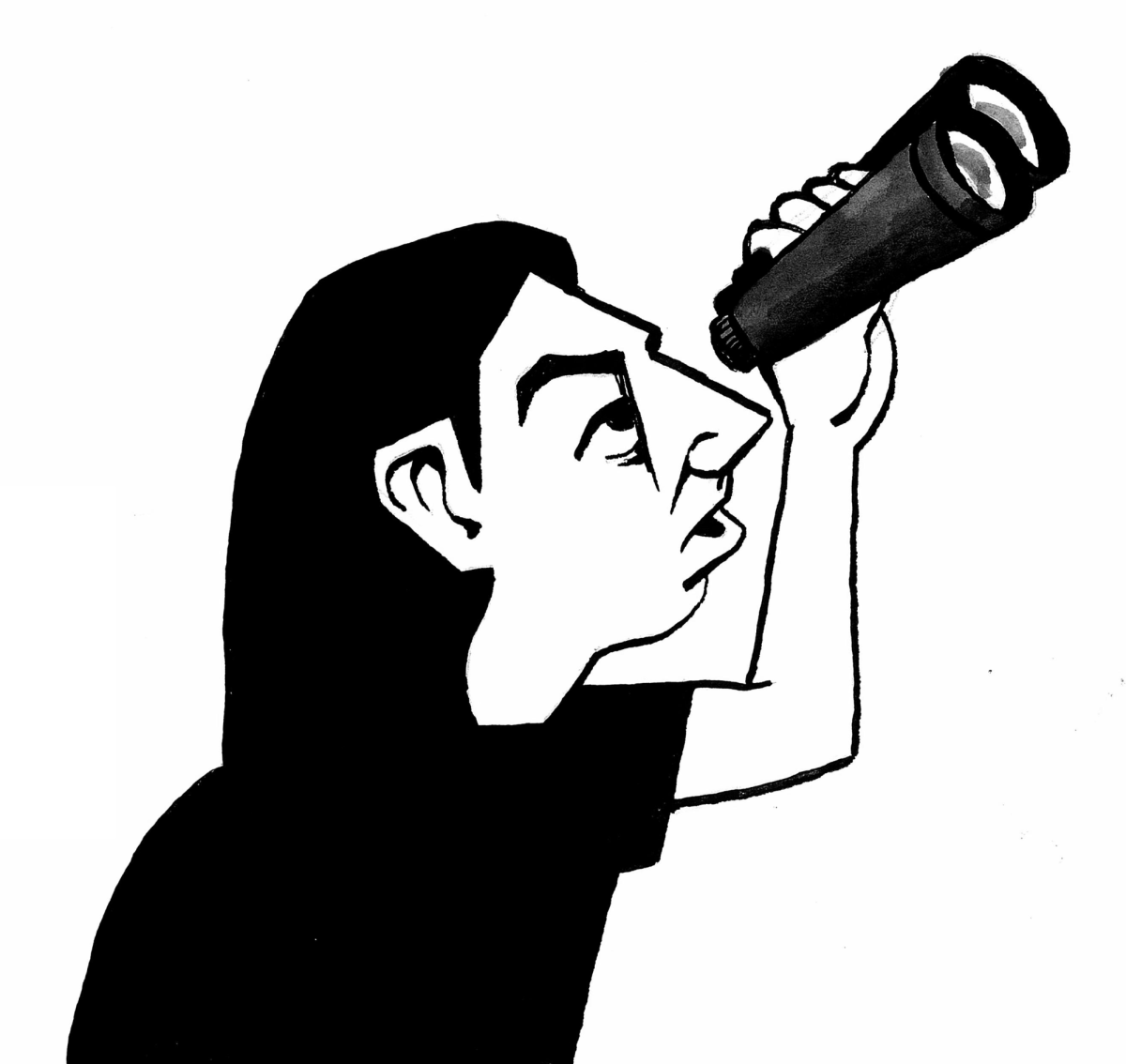What is communication? What is good communication? Is non-verbal communication important? Why do people laugh or feel awkward talking about sex?
On Monday, Feb. 15, Speaking of Sex, a performance and discussion presented by the St. Olaf Wellness Center, addressed the complications of sexual miscommunication. When discussing sexual miscommunication, the word “fun” might be the last word that comes to mind. With the help of GTC Dramatic Dialogues, the uncomfortable discussion of what happens when alcohol and sexual communication collide, along with the difficult subject of sexual assault, are defeated through an interactive and engaging performance.
Since college students sit through enough lectures, the GTC Dramatic Dialogue team took these issues head-on through a different approach by performing three different scenarios, following the lives of six students as they tried to untangle the complicated web of sexual miscommunication and serious choices. After each performance, the GTC Dramatic Dialogue performers returned to the stage in character to be questioned and interviewed by the audience. Instead of the performers telling the audience what decisions they should make in these situations, it is the audience’s responsibility to continue an in-depth discussion and analyze what had happened in the performance and what further actions the characters should take in those situations.
“This event has to do with all things campus culture and sex…everybody and anybody could go to this event. Even if you think you know everything about sex, there is always more to learn,” Kait Howell ’17 said.
The audience was encouraged to discuss consent in situations involving alcohol through a college party scenario, setting expectations and having good communication through a relationship scenario and comfort levels and body language through an assault scenario. The members of the St. Olaf community who attended the event truly immersed themselves in the discussion and situations and gave both thoughtful and powerful input.
“I thought the event was really well done. It opened up a lot of conversation about things that people don’t talk about all the time,” Grace Whipple ’17 said. “It was interesting to hear other people’s perspective, especially when they were pushed to fully explain their response by the host. The actors staying in character was valuable because it allowed everyone to get more of their sides of the story. Overall it was an awesome event and I would definitely recommend it to people if they have it again next year.”
If you have experienced sexual assault or other violence, it may be hard to know what to do or where to go. Below are some resources for taking action. Always remember that sexual assault is not your fault and you are never alone.
Emergency Assistance:
Dial 911 from any cell phone or landline to reach the Northfield Police.
Call St. Olaf Public Safety 24/7 at 507-786-3666 to have a campus public safety officer dispatched directly to you.
Medical Care:
Go to Northfield Hospital at 2000 North Ave.
Contact the St. Olaf Health Service at 507-786-3063 (confidential) for an appointment M–F during the academic year.
Guidance and Support:
Contact St. Olaf SARN (St. Olaf Sexual Assault Resource Network — confidential) at 507-786-3777 or [email protected].
Contact the Faribault HOPE Center 24/7 at 800-607-2330.
Contact the National Sexual Assault Hotline 24/7 at 800-656-4673.
After your immediate needs have been met, report to the college so you can receive ongoing support and continue your education in a safe and non-discriminatory environment. Receive ongoing support no matter when or where your experience of harassment, misconduct or assault occurred. Consider making a complaint to the college, which will result in a formal investigation and, potentially, disciplinary action if the person who committed the harassment, misconduct or assault is a St. Olaf student or employee.



